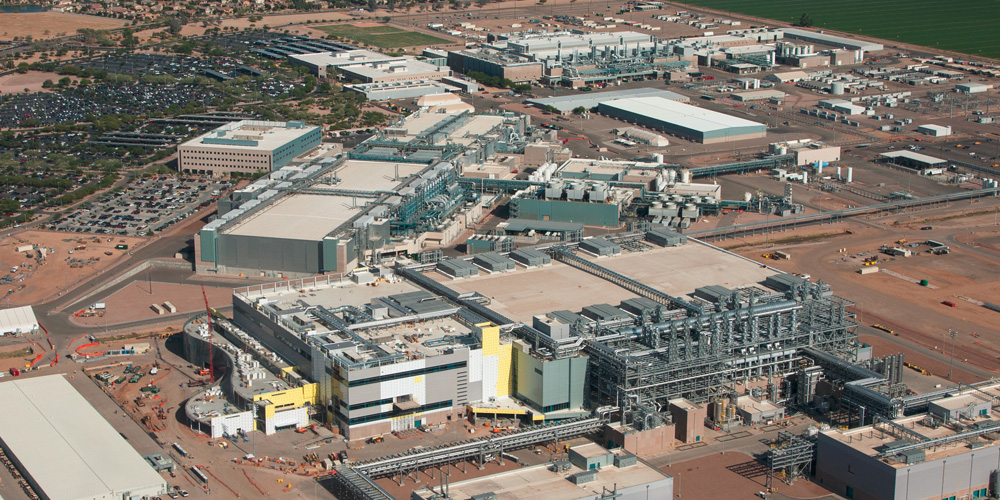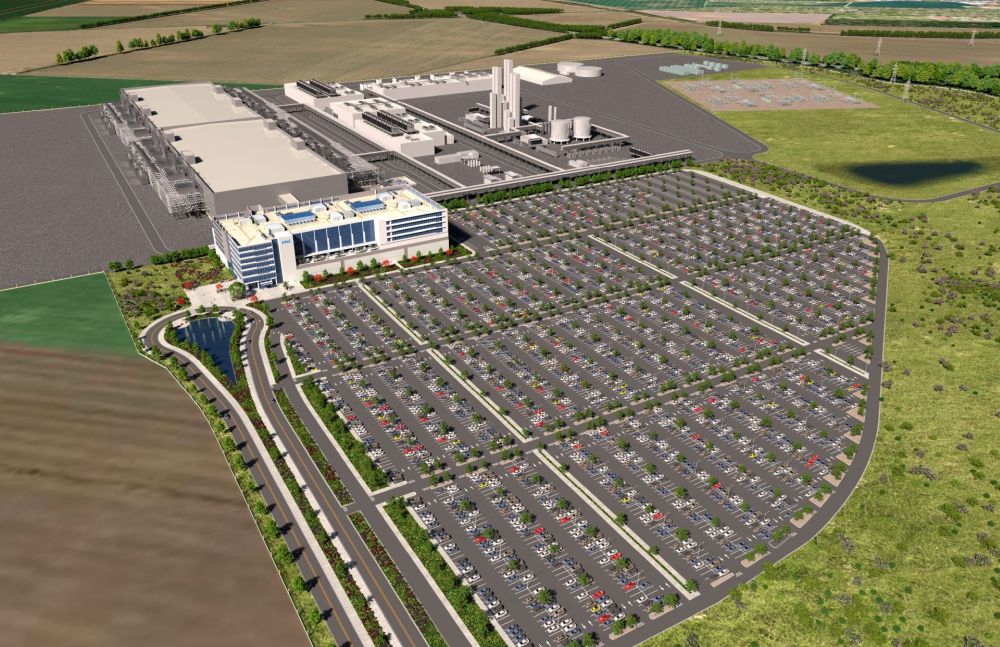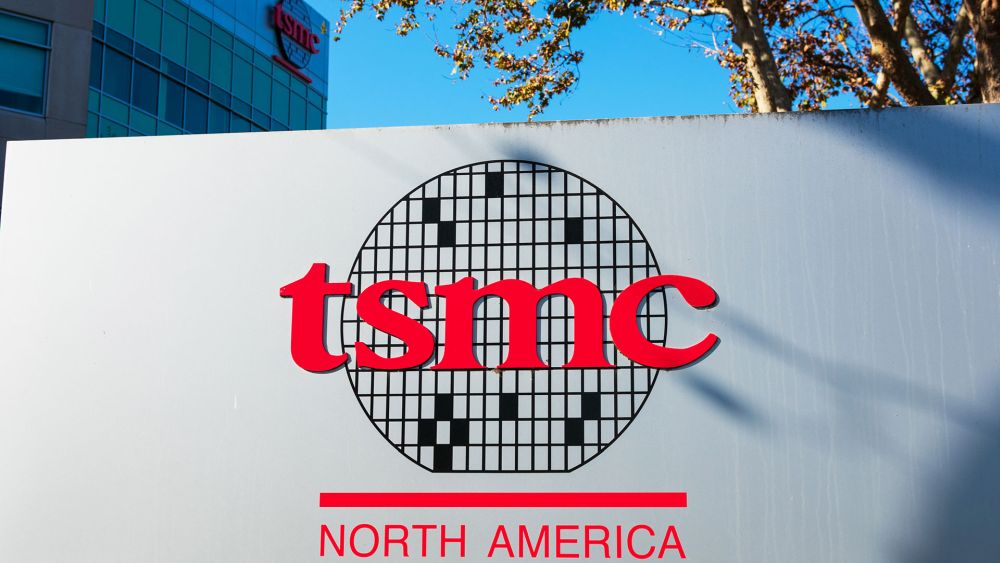The recent announcement of significant investments in semiconductor manufacturing by major companies like TSMC and Micron in the United States has sparked a discussion about the potential geopolitical ramifications for Taiwan. As the world increasingly relies on semiconductors for everything from smartphones to advanced military technology, the strategic importance of where these chips are produced cannot be overstated. With Taiwan currently holding a dominant position in the global semiconductor market, the establishment of megafabs in the U.S. raises questions about the future of Taiwan’s geopolitical influence.

At the heart of this shift is a desire for diversification in semiconductor production. Taiwan has long been the epicenter of chip manufacturing, producing over 60% of the world’s semiconductors and an astonishing 90% of advanced chips. However, rising geopolitical tensions, particularly between the U.S. and China, have prompted countries to reassess their supply chains. By investing heavily in domestic fabs, the U.S. aims to reduce its reliance on Taiwanese production, thereby enhancing its own technological autonomy and security. This move could diminish Taiwan’s role as a critical supplier and alter its leverage in international negotiations.

Moreover, the influx of investment into U.S. semiconductor facilities represents a significant challenge for Taiwan’s semiconductor industry. Companies like TSMC are not just expanding their operations; they are also entering a highly competitive environment where they must contend with American firms that now have access to government support and incentives under initiatives like the CHIPS and Science Act. As these new fabs come online, Taiwanese manufacturers may face increased pressure to innovate or lower prices to maintain their market share. This competition could impact profitability and lead to shifts in global supply chains that favor American production.

While the construction of megafabs in the U.S. presents opportunities for technological advancement and national security for America, it poses challenges for Taiwan’s geopolitical standing. As production capabilities shift closer to key markets, Taiwan must adapt its strategies to preserve its influence in the semiconductor landscape. The coming years will be crucial as both regions navigate this evolving dynamic, with implications that extend far beyond economics into the realms of international relations and national security.

#Semiconductors #Taiwan #USManufacturing #Geopolitics #ChipIndustry #TSMC #Micron #GlobalSupplyChain #TechInnovation #NationalSecurity #CHIPSAct #TaiwaneseEconomy #TechCompetition #ManufacturingShift #SiliconValley
